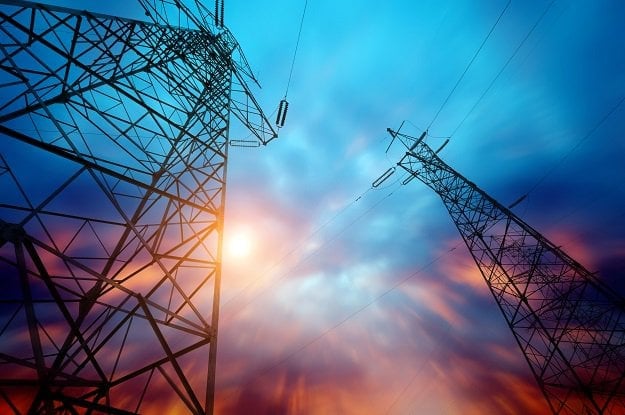The Pakistani government has approved a substantial increase in electricity prices, affecting millions of consumers, particularly those in lower income brackets. This decision, driven by demands from the International Monetary Fund for a bailout package, has triggered widespread outrage and protests.
Effective from July, the new rates reflect a per-unit price hike of up to Rs5.72%. This translates into a staggering financial burden amounting to hundreds of billions for consumers in the current fiscal year, marking the largest percentage increase in electricity prices for low-income groups in Pakistan’s history.
According to the power division, the average electricity price has surged by Rs4.55 per unit, pushing the national average uniform rate from Rs29 to Rs35.50 per unit. This significant rise impacts consumers across the spectrum.
The government has introduced a tiered pricing system, with the most substantial increases affecting those consuming 1 to 100 units per month. This demographic, comprising primarily the poorest households, faces a Rs3.95 hike per unit. Additionally, residential consumers now face fixed monthly charges ranging from Rs200 to Rs1,000 per unit, intensifying the financial strain.
Criticism has mounted over the decision-making process, as the price hike was implemented via a circulation process without open discussion and debate in the federal cabinet. This lack of transparency has fueled public anger and accusations that the government prioritizes IMF demands over citizen welfare.
While the government argues that the price increase is necessary to rectify decades of mismanagement and flawed energy policies, critics contend that the burden should not disproportionately fall on the country’s most vulnerable populations.
Despite initial assurances of a lower rate, the new industrial tariff has also risen to Rs37.83 per unit, aligning with IMF stipulations but adding to concerns about its impact on economic competitiveness and industrial growth.
Overall, the decision to raise electricity prices has polarized public opinion, highlighting the complex balance between economic reform demands and social equity in Pakistan’s policy landscape.










